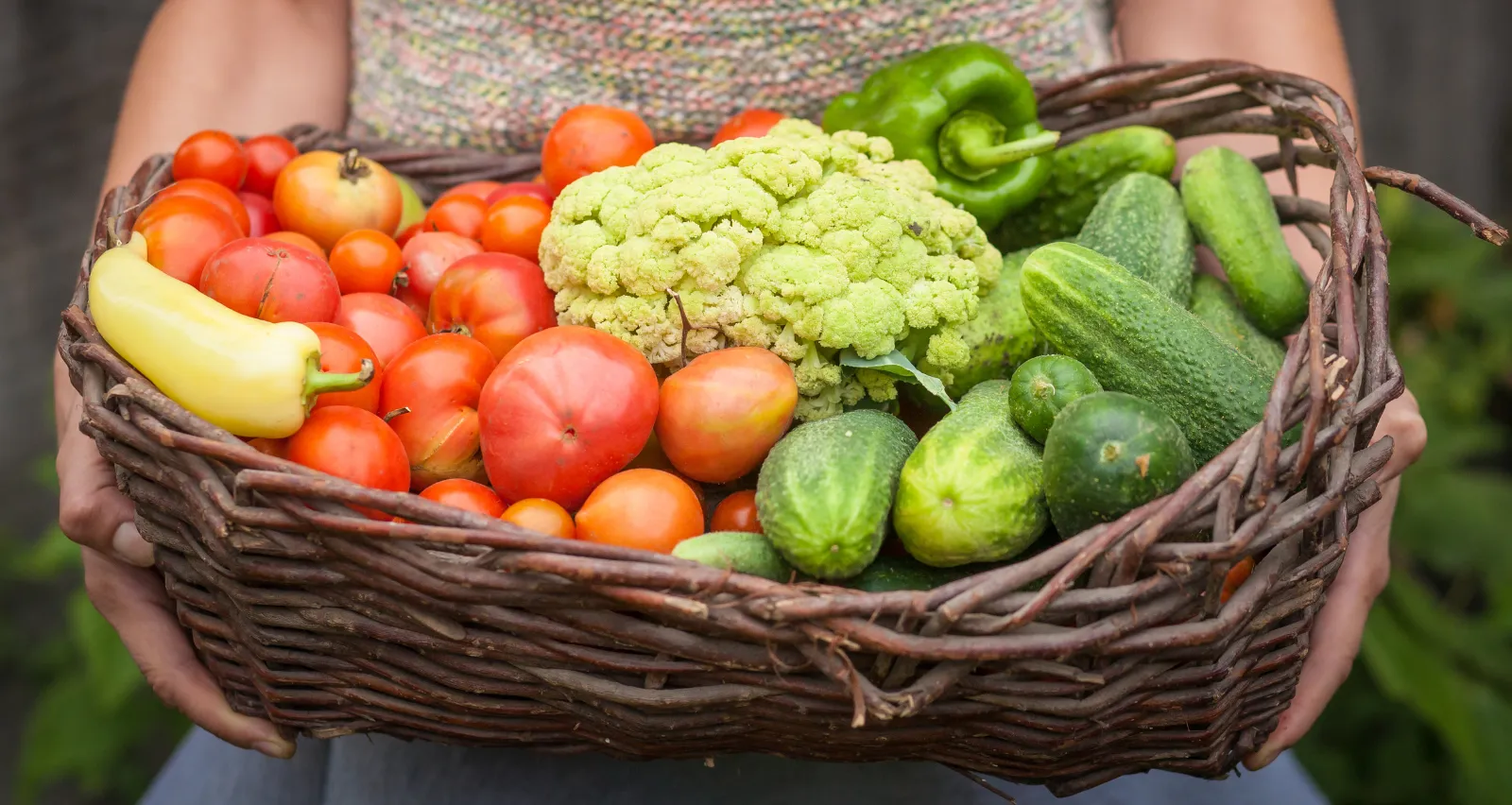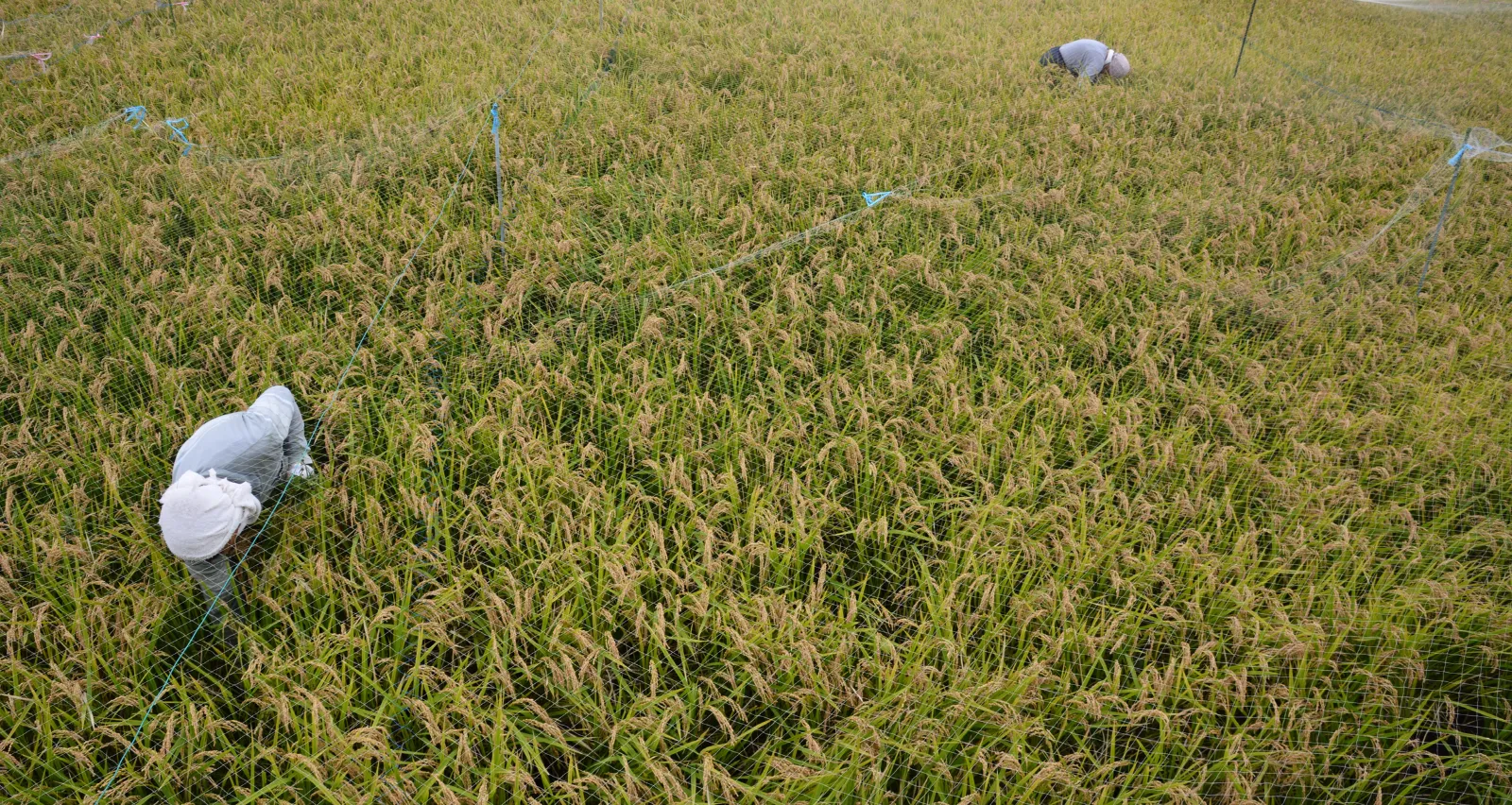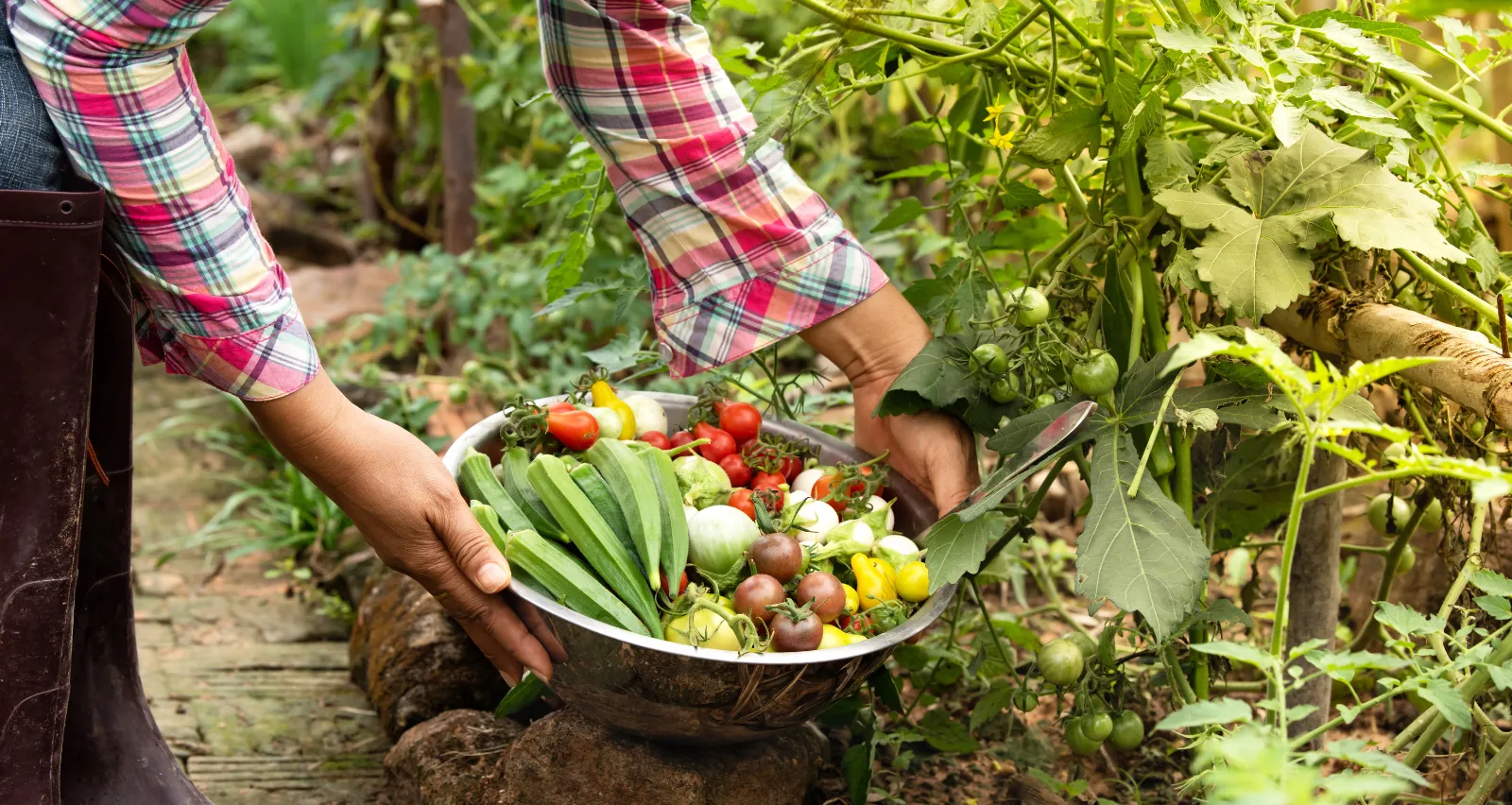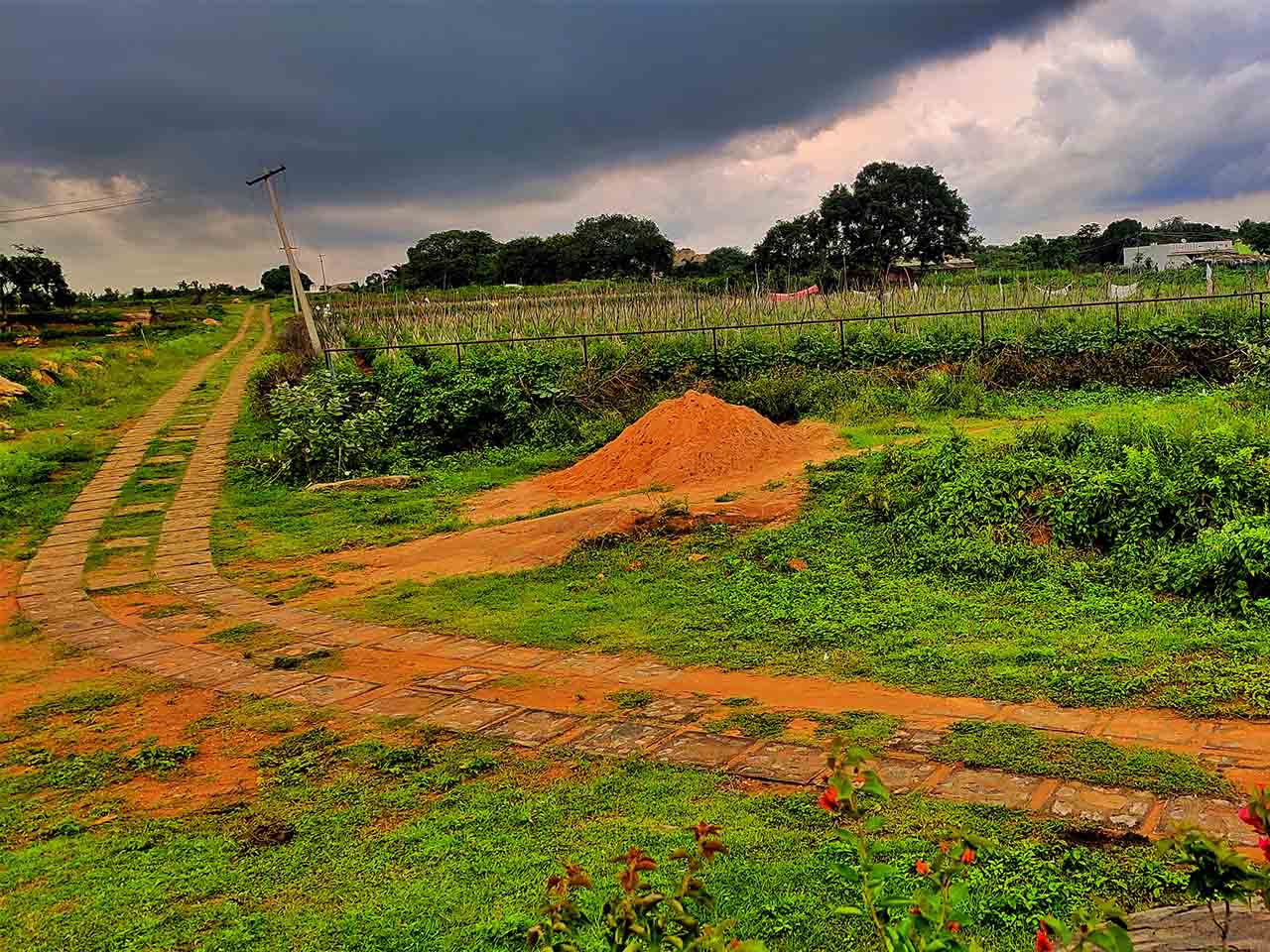
In recent years, food security has become a pressing concern for cities worldwide, including Bangalore. The rapid urbanization and growing population have strained the city’s food supply, making it crucial to explore sustainable solutions. One such solution is urban farming, and managed farmlands like Bloom Eco Village play a pivotal role in addressing these concerns. Let’s delve into the importance of urban farming and how Bloom Eco Village contributes to Bangalore’s food security.
The Importance of Urban Farming
Urban farming refers to growing food within city environments, utilizing spaces like rooftops, vacant lots, and managed farmlands. This practice offers several benefits that directly impact food security:
- Local Food Production: Urban farming reduces the need for long-distance transportation of food, ensuring that fresh produce is available locally. This not only cuts down on transportation costs but also reduces the carbon footprint.
- Sustainable Practices: Many urban farms, including Bloom Eco Village, emphasize sustainable farming methods. These methods include organic farming, crop rotation, and water conservation, which promote soil health and reduce environmental impact.
- Community Engagement: Urban farming fosters a sense of community by involving local residents in the growing process. Community gardens and farms provide educational opportunities, teaching people about sustainable practices and healthy eating.
- Food Accessibility: By producing food locally, urban farms can improve access to fresh, nutritious produce for city dwellers. This is especially important for low-income communities that may have limited access to fresh food.
Bloom Eco Village: A Model for Food Security
Bloom Eco Village, a managed farmland near Bangalore, exemplifies the principles of urban farming and its benefits. Here’s how Bloom Eco Village contributes to alleviating food security concerns in the city:
- Fresh, Organic Produce: Bloom Eco Village specializes in growing a variety of organic fruits and vegetables. By focusing on organic farming, they ensure that the produce is free from harmful pesticides and chemicals, promoting better health for consumers.
- Sustainable Farming Practices: The farm employs sustainable practices such as composting, rainwater harvesting, and integrated pest management. These methods not only protect the environment but also enhance the quality and yield of crops.
- Local Supply Chain: By producing food locally, Bloom Eco Village reduces dependence on external food sources. This helps stabilize food supply in Bangalore, especially during times of crisis or supply chain disruptions.
- Community Involvement: Bloom Eco Village actively engages with the local community through workshops, farm tours, and volunteer programs. These initiatives educate people about sustainable farming and encourage them to participate in growing their own food.
- Economic Benefits: The farm creates job opportunities for local residents, contributing to the local economy. Additionally, by selling produce directly to consumers, they support the farm’s financial sustainability and ensure fair prices for their products.
Conclusion
Urban farming and managed farmlands like Bloom Eco Village are vital components in addressing Bangalore’s food security concerns. By producing fresh, organic produce locally and employing sustainable practices, these farms play a crucial role in creating a resilient food system. Moreover, they foster community engagement and provide economic benefits, making them a valuable asset to the city. As Bangalore continues to grow, embracing urban farming and supporting initiatives like Bloom Eco Village will be essential in ensuring a stable and secure food supply for all residents.









